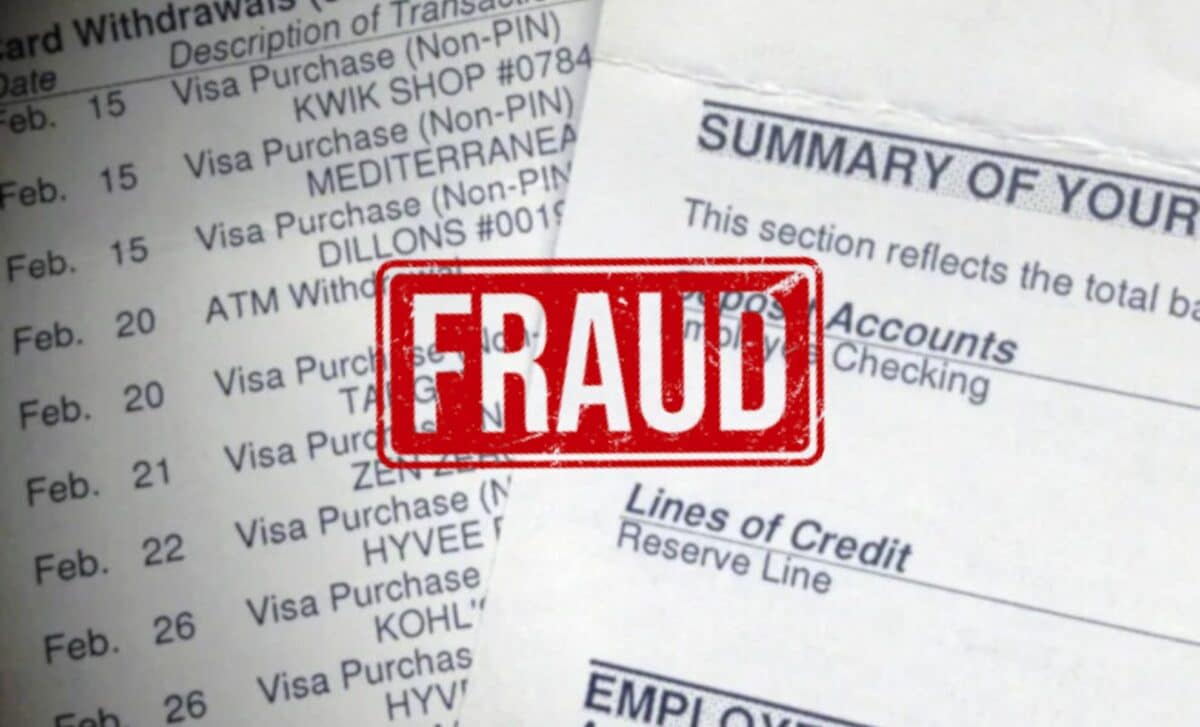The Department for Work and Pensions (DWP) is set to gain a controversial new power under the proposed DWP Fraud Bill. If passed, it would allow officials to access the bank accounts of benefits claimants in an attempt to detect fraud and recover misallocated funds.
Critics, however, have raised concerns over privacy rights and the potential for wrongful accusations.The bill has sparked debate, with proponents arguing that it is necessary to combat the increasing levels of welfare fraud, while opponents view it as a dangerous overreach into citizens’ financial privacy.
New Powers to Detect and Combat Fraud
According to Labour Party Minister for Transformation Andrew Western, the DWP Fraud Bill is a vital tool in addressing the “unacceptable levels of fraud and error” that plague the welfare system.
With the ability to track financial transactions, the DWP would be better equipped to identify instances of fraud, reduce overpayments, and ultimately protect taxpayers’ money. The bill proposes that officials will have the power to request financial data from banks if certain criteria are met.
This could include instances where there is a suspected overpayment of benefits, either due to fraud or error. In these cases, banks would be required to flag accounts to the DWP, allowing further investigation into the claimant’s financial activity.
However, critics argue that the bill could inadvertently violate the privacy of welfare recipients. Neil Duncan Jordan MP expressed concern, stating that the new powers would compel banks to “surveil” welfare recipients’ financial transactions.
He raised alarms over the potential for widespread errors, warning that millions of claimants could be wrongly flagged for investigation, leading to unnecessary stress and bureaucratic hurdles for vulnerable groups such as disabled people, carers, and pensioners.
Privacy Concerns and the Risk of “Witch-Hunt” Culture
One of the main criticisms of the bill is its potential to undermine the fundamental principle of “innocent until proven guilty.” By allowing the DWP to access claimants’ bank accounts, many argue that it shifts the burden of proof onto individuals who are already in a vulnerable financial position.
As Neil Duncan Jordan MP pointed out, this creates a “presumption of innocence” for those who rely on state support, raising concerns that people will be unfairly targeted without sufficient evidence.
The bill’s critics also caution that the automation of this process—likely to be carried out by algorithms—could lead to widespread errors. With such vast numbers of accounts under surveillance, it is feared that misidentification and wrongful accusations could become commonplace.
This raises the spectre of a system similar to the Horizon scandal, where tens of thousands of innocent people were wrongly convicted of crimes due to flaws in a digital system.
In response, the government maintains that these powers are necessary to address a growing issue of fraud that costs taxpayers millions. However, the balance between protecting public funds and safeguarding individuals’ rights remains a point of significant contention.









